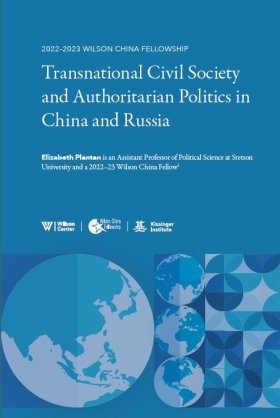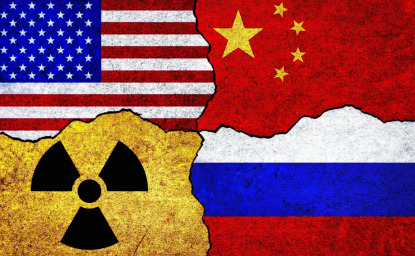Transnational Civil Society and Authoritarian Politics in China and Russia


Over the past decade, China and Russia have both passed laws restricting foreign organizations or foreign support to civil society, including the 2012 “foreign agents” law and 2015 “undesirable” organizations law in Russia and the 2017 Overseas NGO Law in China. This essay compares these developments to understand 1) the motivation behind these laws and the extent to which authoritarian leaders in China and Russia are learning from each other’s responses to transnational actors or activism; 2) the response of international foundations and NGOs to these regulations and the changing nature of their operations in increasingly autocratic China and Russia; 3) the paths forward for transnational support of civil society in these countries, including support of activists abroad. In so doing, this essay provides important insights for policymakers and practitioners interested in continued engagement with civil society in China and Russia in light of these new developments. In particular, it offers insight into emerging trends in international philanthropy and transnational engagement in authoritarian contexts.
Author

Assistant Professor of Political Science at Stetson University

Kissinger Institute on China and the United States
The Kissinger Institute works to ensure that China policy serves American long-term interests and is founded in understanding of historical and cultural factors in bilateral relations and in accurate assessment of the aspirations of China’s government and people. Read more

Explore More
Browse Insights & Analysis
US Inaction Is Ceding the Global Nuclear Market to China and Russia

360° View of How Southeast Asia Can Attract More FDI in Chips and AI

